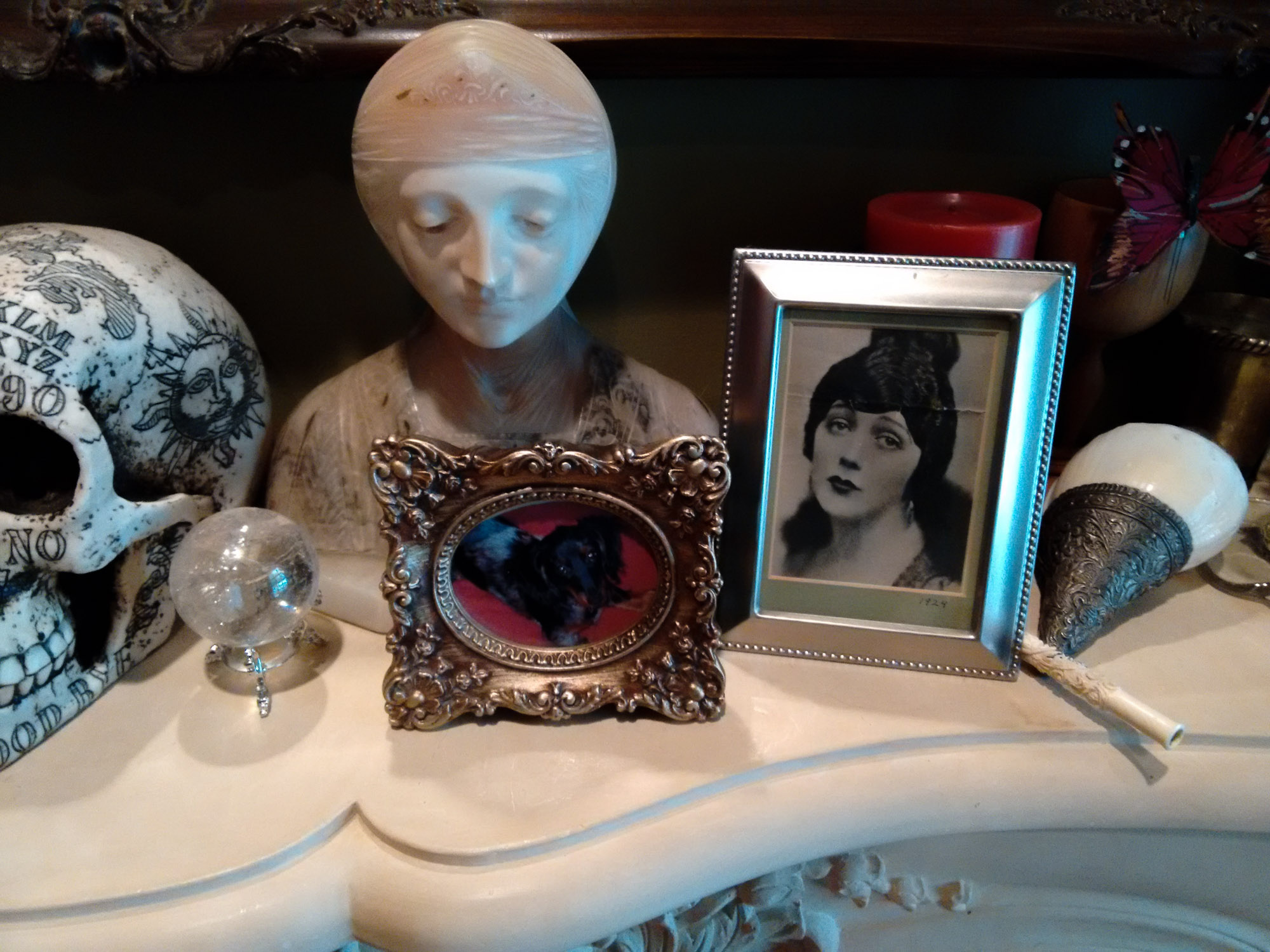HBM059: When Cthulhu Calls
/The most notable monster created by Howard Phillips Lovecraft was completely omnipotent, yet completely uncaring. A massive, tentacled being that sleeps in the depths of the ocean--Cthulhu. A creature that will one day rise again from its watery home to reclaim the Earth for itself.
In this episode of Here Be Monsters, we team up with Eric Molinsky of the Imaginary Worlds Podcast from Panoply Studios.
Eric speaks with Sheldon Solomon, a psychologist who co-founded the study of Terror Management Theory. Solomon explains the absurd lengths that humans go to avoid realizing their own mortality. And thus, Eric embarks on a fictional journey to find out why a creature so loathsome is constantly being turned into Cthulhu plushy toys and Cthulhu onesies for babies.
Eric visits a store call Love Craft in Redhook, New York, where he meets Roberta Suydam (played by Ann Scobie). Roberta tells him to look in the water off Rockaway point, Cthulhu is real. Seeking confirmation, he visits the Lovecraft Archives, deep in a basement lab in Lovecraft's hometown of Providence, Rhode Island. There, professor George Angell (played by Dan Truman) introduces him to the re-animated brain of "Howard" (played by Bill Lobely). Howard Lovecraft turns out to be just as racist in death as he was in life. Deciding to take matters into his own hands, Eric rents a boat to see what's out there in the waters off Rockaway Point, but as he draws closer to the dome rising from the water, he finds himself at wits' end.
Balancing the literary genius of Lovecraft's dark mythos with his unabashed xenophobia is no easy task. Readers must either choose to ignore the troubling aspects of his personal character, or disgrace him for his beliefs. Or possibly, they may superposition themselves in both camps at once, trying understand Lovecraft as if he's a just another creature in a universe of his own making.
Music: Serocell
We produced this episode in collaboration with Imaginary Worlds.
HP Lovecraft's drawing of his own monster, Cthulhu. 1934
HP Lovecraft. 1934

















